
Arrow
Two of the three great Hitchcockian nightmares are on full display in Anthony Waller’s forgotten thriller classic Mute Witness: first, the idea that in the process of doing your ordinary work you could be subject to incredible danger through no real fault of your own, and secondly that only you can perceive the impending danger, but are powerless to inform those who might be able to stop it.
Mute Witness neatly combines these scenarios into a single character: film effects makeup artist Billy Hughes (Marina Zudina), a mute American woman working on a cheap horror film in Yeltsin era Moscow who witnesses members of her Russian crew making a snuff film after hours and is thrown into a conflict between the Russian mob working on a behalf of a shadowy businessman (Alec Guiness, in his final role) and a tough Russian militia detective (Oleg Yankovskiy).
This is absolutely top tier Hitchcock homage.
It often gets compared to the work of Brian De Palma but that’s probably more a function of their mutual adoration for the same source material and the cheerful lifting of the “fake horror movie” opening De Palma has used in Blow Out and Body Double. This film is much more sympathetic to its main characters, and more interested in formal, non-verbal, storytelling and less interested in the psychological subtext that underpins the action.
There’s also a delightful, goofy, strain of humor that runs through the main body of the film that genre purists might turn their noses up at on Letterboxd but certainly presents itself throughout the course of Hitchcock’s work. Everyone remembers the murders and potato sack scene in Frenzy but that film ends by paying off the long running joke that the detective’s wife is a terrible cook. Mute Witness has an amazing visual gag where an angry neighbor enters Billy’s apartment to complain about noise at the exact moment two of the least capable characters of the film have gained control over corrupt cops and they have to try and explain their situation without being able to speak Russian.
That language barrier deepens and provides ironic contrast to our hero’s predicament. Her colleagues may be able to speak, but their ability to be understood is constantly at peril. There is a breathtaking scene where Billy’s apartment is under siege by a killer and when she calls the police with computer aid, we realize that the language barrier will make conventional help impossible.
This is also the Hollywood film that makes the best use of Moscow as a newly available location and there’s such a wonderful sense of place and time. Moscow is, no doubt, an internationally recognizable city at the same time it is alien, foreboding, constantly dangerous. The location photography of Red Square at night gives the finale an emotional punch that is unique among the 90’s thriller revival.
Extras include audio commentaries, visual essays, featurettes, image galleries and trailers.
The first third of the film is pure thriller bliss: perfect suspense, clever villains, and a sympathetic hero. The latter two thirds do have some unconvincing beats, but as Spielberg said regarding the shark at the end of Jaws, “If they’re not on board at this point…” This is not the film for balls to the wall horror or gore hounds, but also, strangely enough, it is nowhere near as exploitative as you would think a 90’s thriller about snuff films would be. It’s a crowd pleasing thriller made with care and discipline. Check it out.
Recommended.



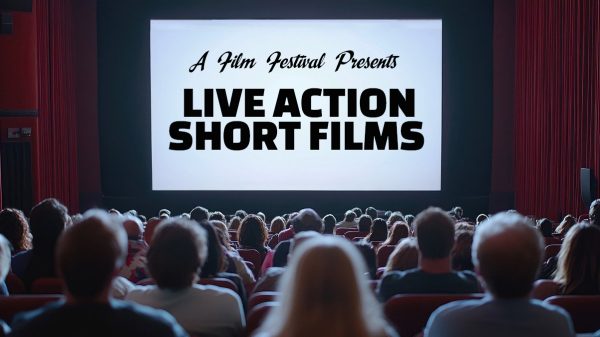



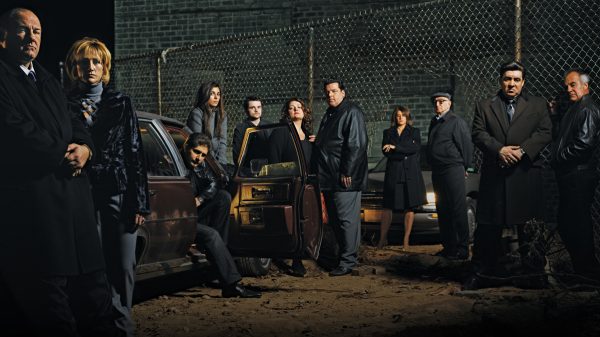
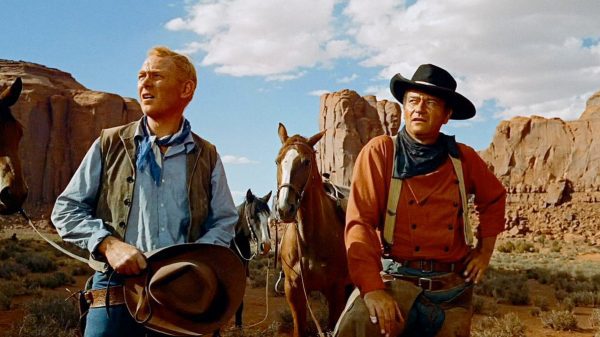


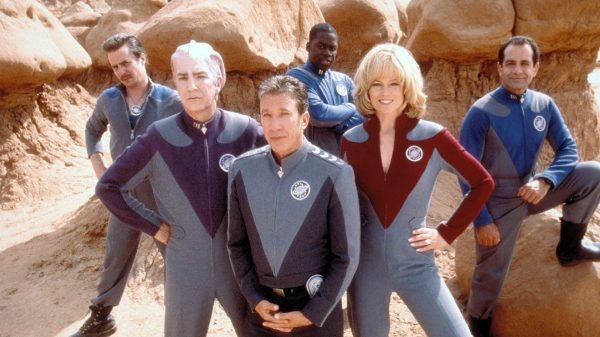
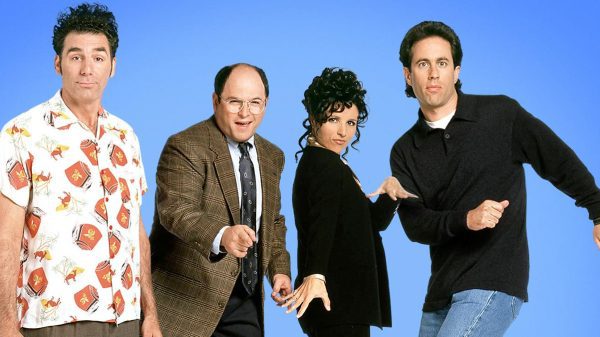


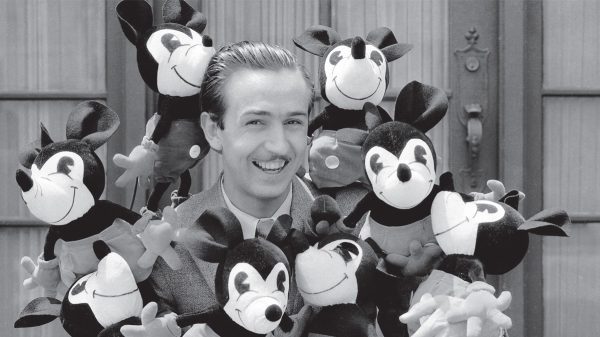


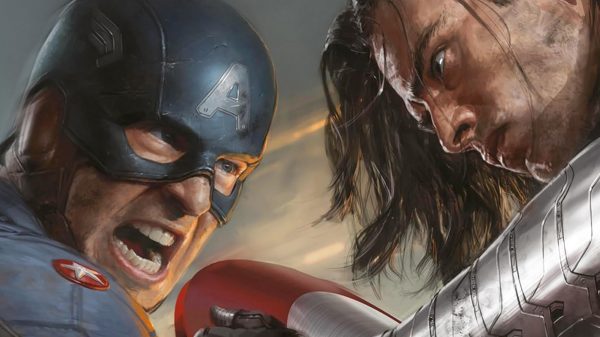




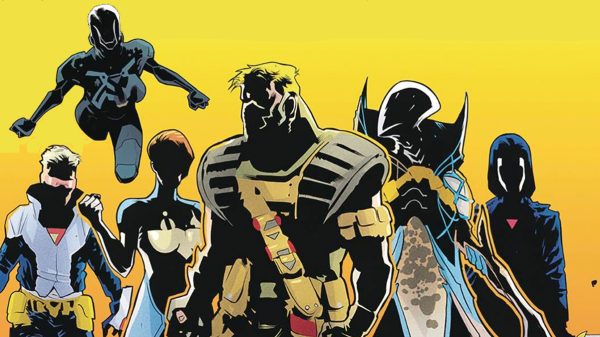
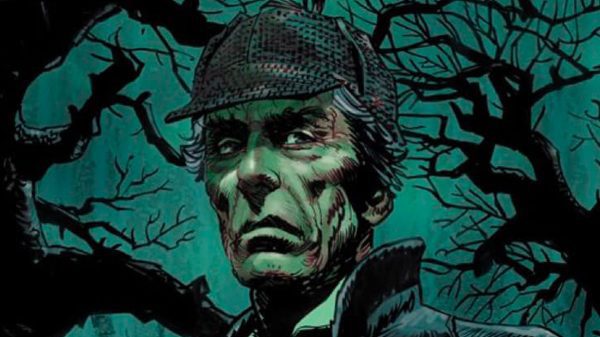
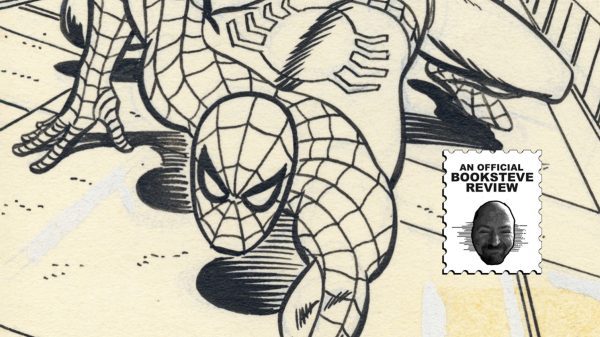
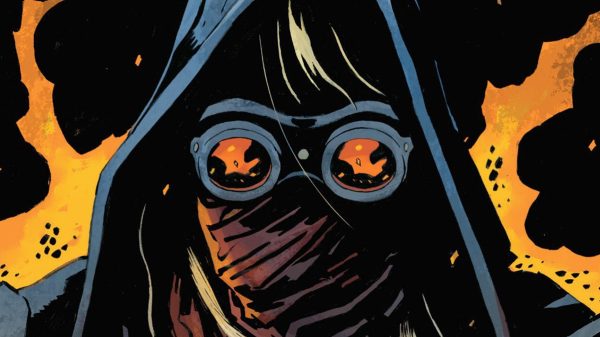





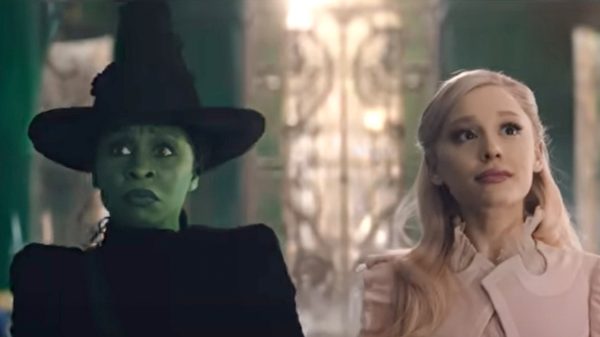
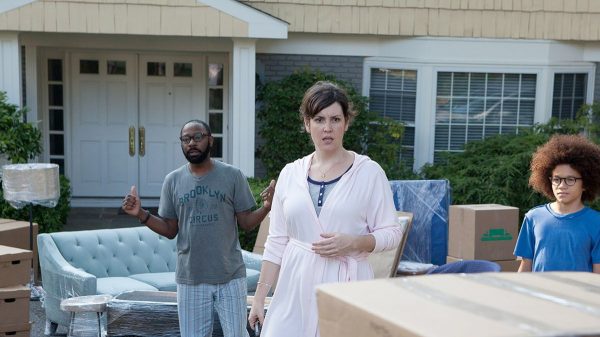
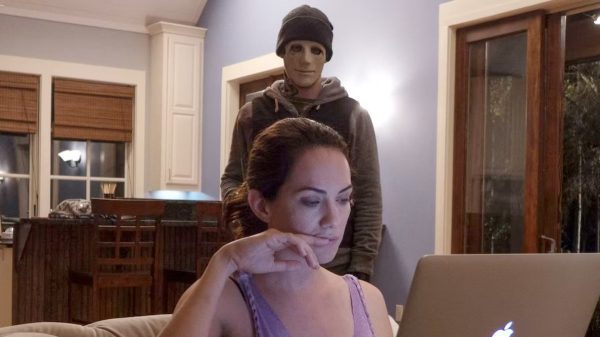












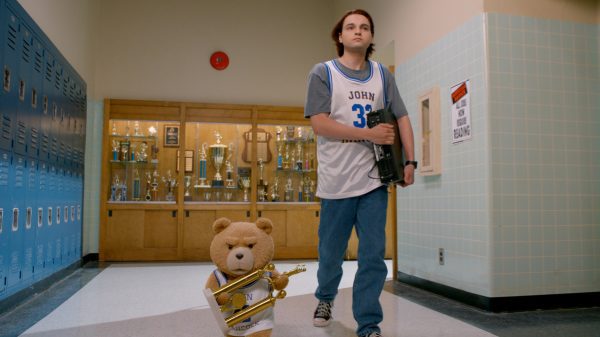
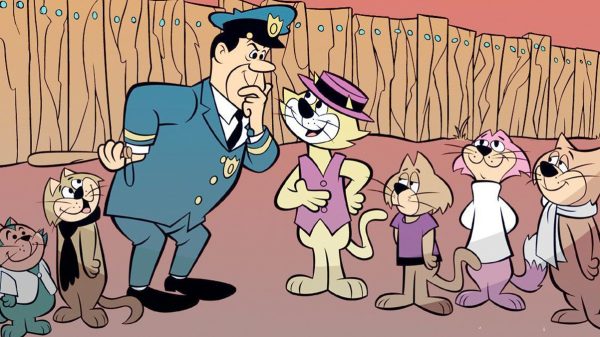
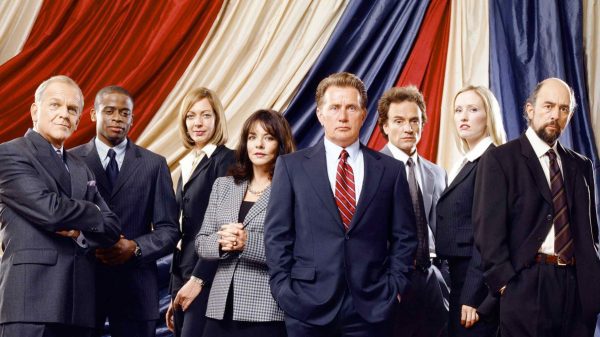
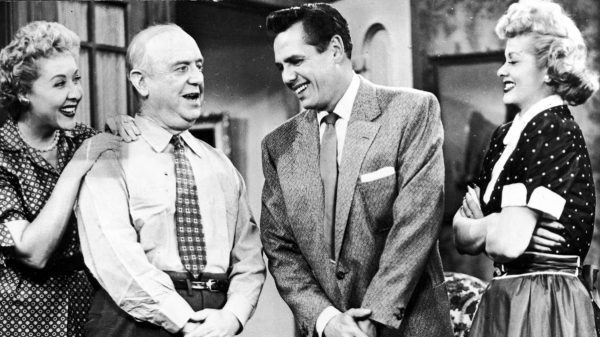
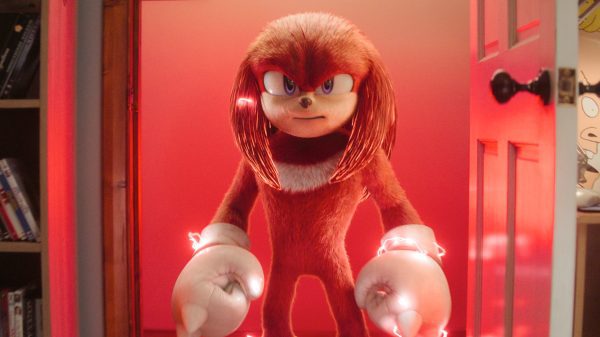


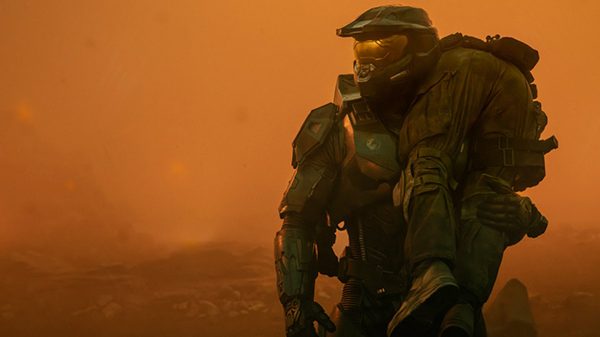
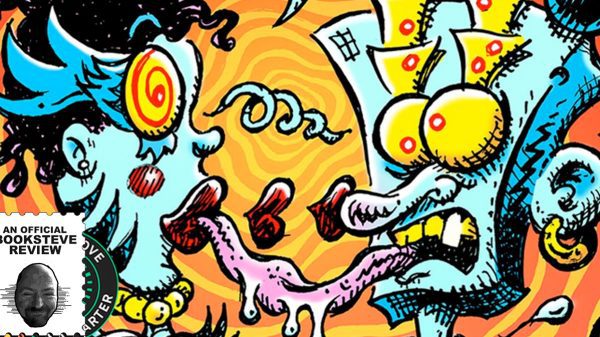

































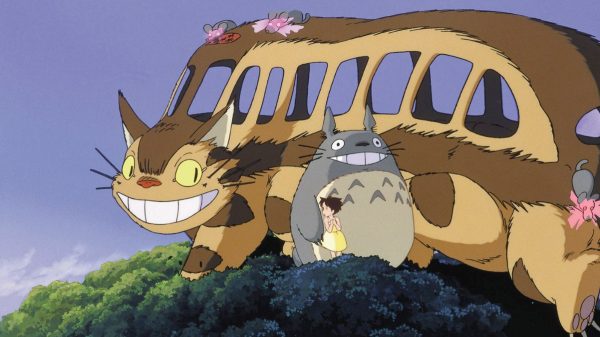
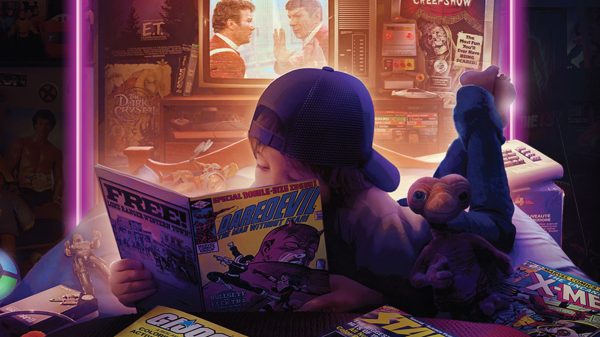
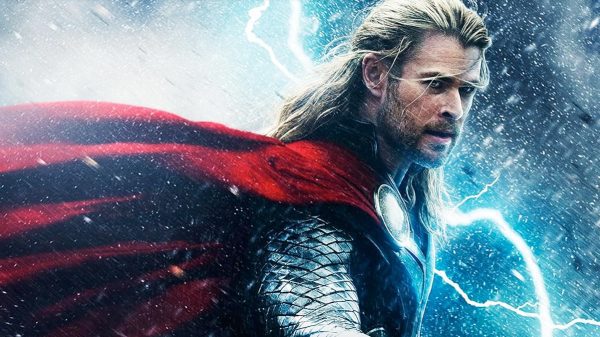









You must be logged in to post a comment Login